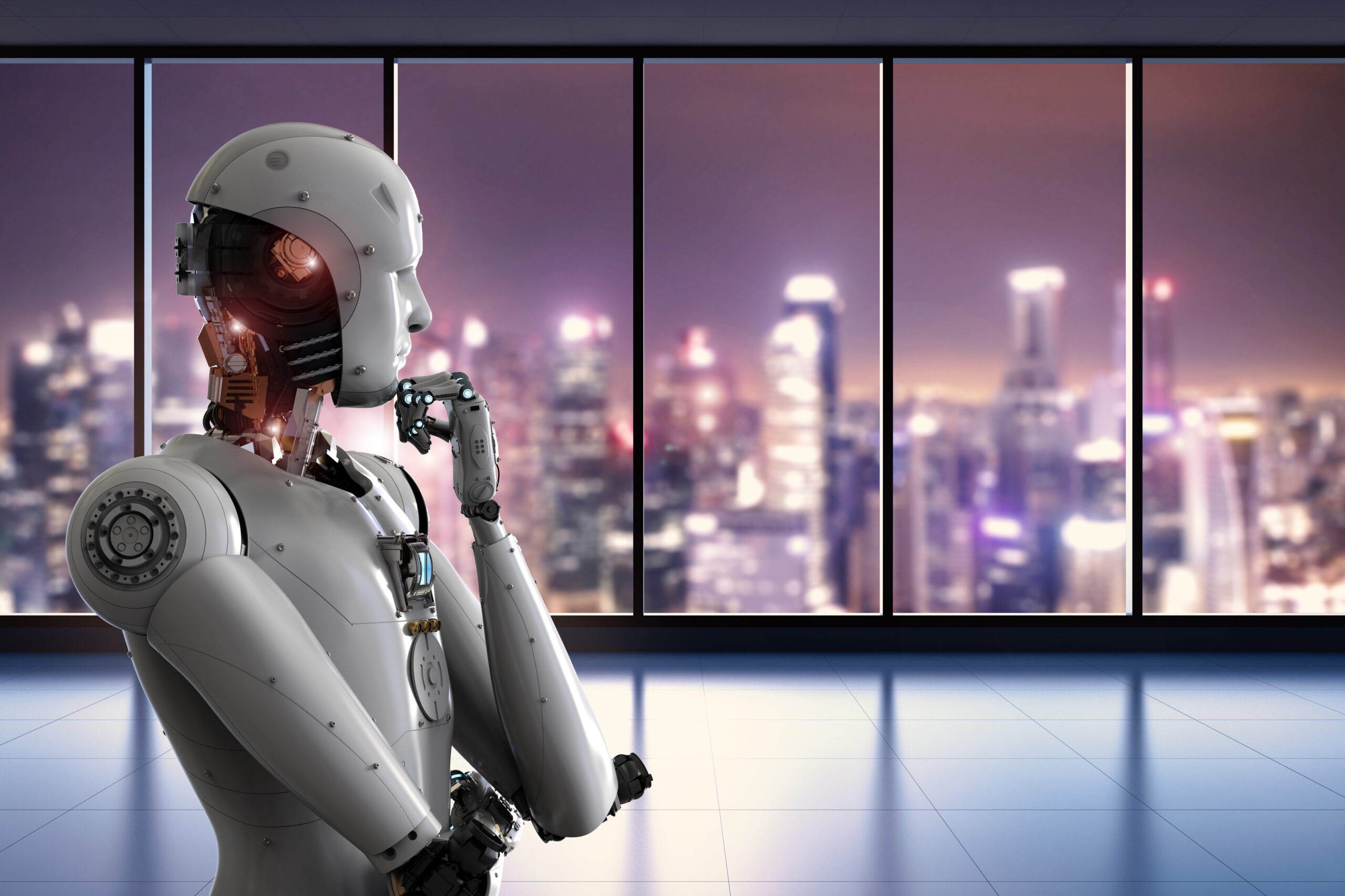The entertainment industry has always been at the forefront of innovation and creativity. With the rapid development of artificial intelligence (AI) technology, it’s no surprise that the industry is exploring new ways to incorporate AI into various aspects of the entertainment world. In this article, we’ll explore some of the emerging technologies and trends in AI that are shaping the future of the entertainment industry.
1. Personalized Content:
One of the most significant ways AI is changing the entertainment industry is by providing personalized content to users. AI algorithms can analyze user data, such as their viewing history and preferences, to recommend content that matches their interests. This technology is already in use by streaming services like Netflix and Amazon Prime, which use AI to suggest movies and TV shows based on users’ viewing history.
2. Virtual Reality:
Virtual reality (VR) has been a buzzword in the entertainment industry for several years now, and it’s not hard to see why. With the help of AI, VR experiences are becoming increasingly immersive and interactive. AI-powered avatars can respond to voice and gesture commands, making the experience feel more natural and intuitive. In addition, AI can be used to create more realistic environments and characters, adding a new level of depth and detail to VR experiences.
One of the most exciting applications of AI in VR is in the creation of virtual assistants. These AI-powered helpers can guide users through virtual experiences, providing tips and suggestions along the way. They can also help users navigate complex virtual environments, making it easier to explore and interact with the world around them.
3. Machine Learning
Machine learning is another technology that is poised to transform the entertainment industry. By analyzing vast amounts of data, machine learning algorithms can identify patterns and make predictions about consumer behavior. This information can be used to create more personalized experiences for users, tailoring content to their individual preferences and tastes.
One of the most promising applications of machine learning in the entertainment industry is in the creation of recommendation engines. These algorithms can analyze a user’s viewing history and make recommendations for movies, TV shows, and other content that they are likely to enjoy. This not only improves the user experience but can also help content creators reach new audiences.
4. Natural Language Processing
Natural language processing (NLP) is a technology that enables machines to understand and interpret human language. In the entertainment industry, NLP can be used to create more engaging and interactive experiences for users. For example, AI-powered chatbots can converse with users in natural language, providing information and answering questions in real-time.
NLP can also be used to create more immersive storytelling experiences. By analyzing user input and generating responses in real-time, AI-powered chatbots can create interactive narratives that adapt to the user’s choices and actions. This can help to create a more engaging and personalized experience for users, drawing them deeper into the story and keeping them engaged for longer..
5. AI-Generated Music and Art:
AI is now being used to create music and art, which could revolutionize the entertainment industry. AI-generated music is created by feeding the algorithm with thousands of music samples and then training it to create new pieces of music. The result is often unique and unexpected, but it still has the structure and rhythm of traditional music. Similarly, AI-generated art is created by feeding the algorithm with a dataset of images and then training it to create new pieces of art.
6. AI-Powered Content Creation:
AI is also being used to create content for the entertainment industry. For example, AI can be used to generate scripts for movies and TV shows, which can help reduce costs and speed up production times. Additionally, AI can be used to create special effects and animations that would have previously required manual labor.
7. Voice Recognition:
Voice recognition is another area where AI is making significant strides in the entertainment industry. With the rise of smart speakers like Amazon’s Alexa and Google Home, voice recognition technology has become more prevalent. This technology can be used to create interactive experiences where users can have a conversation with a virtual assistant or a character in a game.
8. Chatbots and virtual assistants
Chatbots and virtual assistants are becoming more common in the entertainment industry. These AI-powered tools can interact with users in a natural and conversational way, providing information, answering questions, and even offering recommendations for movies, TV shows, and other forms of entertainment.
9. Deepfakes
Deepfakes are AI-generated videos that can manipulate the appearance and speech of individuals. While they have the potential to revolutionize the entertainment industry by enabling actors and actresses to appear in multiple roles, they also pose ethical concerns around privacy and the potential for misuse.
10. Improved Search Algorithms:
Lastly, AI is improving search algorithms, making it easier for users to find the content they’re looking for. With improved search algorithms, users can quickly find the content they want, whether it’s a movie, TV show, or game.
In conclusion, AI is rapidly changing the entertainment industry, and it’s exciting to see how it will continue to evolve in the coming years. From personalized content to AI-generated music and art, the possibilities are endless. As we continue to see more and more AI-powered technology in the entertainment industry, we can expect to see more immersive and personalized experiences for users.

